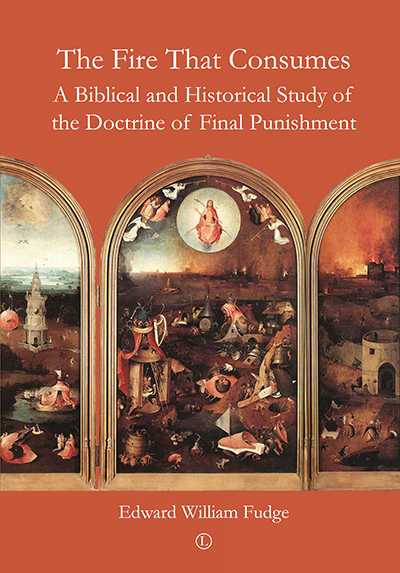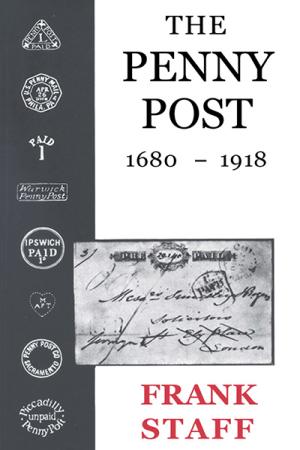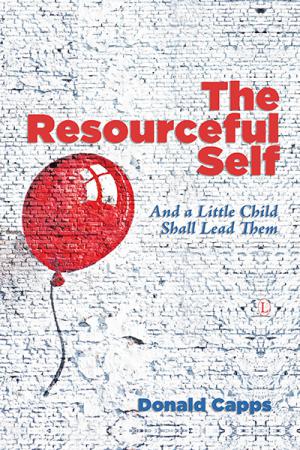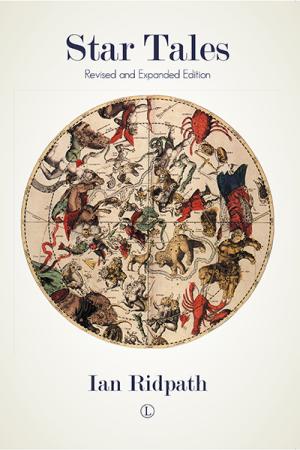Description
Evangelical Christians affirm that a dreadful destiny awaits those who reject God’s grace throughout life. According to the traditional view, that destiny will involve unending conscious torment in hell. However, believers are increasingly questioning that understanding, as both unbiblical and inconsistent with the character of God revealed in the Scriptures and in the man Jesus Christ.
This internationally acclaimed book – now fully updated, revised, and expanded – carefully re-examines the complete teaching of Scripture on the subject of final punishment. It concludes that Hell is a place of total annihilation, everlasting destruction, although the destructive process encompasses conscious torment of whatever sort, intensity, and duration God might require in each individual case.
Rooted in a careful analysis of biblical references to Hell, Fudge’s treatise incorporates consideration of Platonic influences on Christian notions of the afterlife, the further development in the 4th Century A.D. of the concept of an immortal soul separate from the body, and a comprehensive study of the development of the doctrine of Hell in the influential teachings of Augustine and Calvin among others. The treatment of Hell is traced from the days of the early Church through the Middle Ages and Reformation to the present day. In revising his text, Fudge has taken a close look at the objections of traditionalist critics, and provides an overview of developments in the field over the last thirty years.
This classic treatment of the topic, now containing a new foreword by celebrated theologian Richard Bauckham, will be of great interest to anyone seeking a greater understanding of the doctrine of final punishment, and the conditionalist view of Hell as final destruction.
About the Author
Edward William Fudge is a Christian theologian, Bible teacher, author, and, for more than twenty years, a practicing attorney. He maintains an international internet ministry at https://edwardfudge.com/.
Contents
Foreword to Third Edition by Richard Bauckham
Foreword to First Edition by F.F. Bruce
Foreword to Second Edition by John W. Wenham
Acknowledgments
Abbreviations
Introduction
1. Rethinking Hell: Apostasy or New Reformation?
2. Back to the Bible: The Protestant Principle
3. Souls: Immortal or Otherwise
4. Aionios: Duration, Quality, or Both?
5. Sheol/Hades: Gravedom?
6. Divine Justice: When?
7. Divine Justice: Historical Examples
8. Divine Justice: Messiah and the End
9. Diversity: Apocrypha and Dead Sea Scrolls
10. Diversity: Pseudepigrapha
11. Jesus: Fire (Gehenna)
12. Jesus: Fire (Gehenna Not Named)
13. Jesus: Fire (Parable of the Sheep and the Goats)
14. Jesus: Fire (Parable of the Rich Man and Lazarus)
15. Jesus: Non-fire Images
16. Golgotha: Judgment Revealed (1)
17. Golgotha: Judgment Revealed (2)
18. Thessalonians
19. Galatians and Corinthians
20. Romans, Ephesians, Philippians, Colossians
21. Hebrews, James, Acts
22. 1-2 Peter, 1-3 John, Jude
23. Revelation
24. Apostolic Fathers and Their Successors
25. The Apologists: A Fire That Torments
26. Apokatastasis: A Fire That Purifies
27. Arnobius to Augustine
28. Augustine’s Case for Unending Torment
29. Middle Ages to Reformation
30. John Calvin: Psychopannychia
31. An Old Tradition Questioned
32. Roots of the Current Recovery
33. The Evangelical Recovery Continues
34. A Kinder and Gentler Traditionalism
35. Refreshing the Memory
36. Afterword
Bibliography
Index of Authors
Index of Scriptures and Other Ancient Documents
Endorsements and Reviews
I commend this book warmly. It is likely to remain a standard work to which everyone engaged with this issue will constantly return.
Richard Bauckham, Emeritus Professor of New Testament Studies, University of St Andrews
The Fire That Consumes has long been recognized as one of the most thorough and compelling statements available of the view that the destiny of the unsaved will be final destruction rather than eternal torment. In this new edition, Edward Fudge provides extended engagement with traditionalist critics and an overview of developments in the last thirty years ensuring that it will remain a definitive work on the issue for years to come.
John R. Franke, Theologian in Residence, First Presbyterian Church of Allentown
The Fire That Consumes covers wide territory and, as such, it will no doubt continue to serve students of theology in a variety of contexts hoping to gain an introduction to this vast topic. Furthermore, Fudge’s work is rooted in a plethora of secondary sources such as biblical commentaries, patrological works, and systematic theologies, which will no doubt serve researchers who wish for a place to begin.
Jason Radcliff, in The Expository Times, Vol 124, No 9
Fudge’s book is an important contribution to Evangelical scholarship because of his detailed outline of the dissonance between the traditional view and the biblical passages which discuss the final punishment of the wicked. Fudge’s work would be a welcome addition to any college course which seeks to delve into the biblical and historical data concerning the doctrine of final punishment.
Stephen J. Crupi, Cedarville University, in Theological Book Review, Vol 25, No 2
Fudge has left no stone unturned … Fudge engages what seems to be every possible source. These include the entire Christian history, John Calvin and, of course, those scholars who agree with him. He also argues with all those scholars who, in recent years, have disagreed on the fate of the unsaved … This book should be of great interest to evangelical Christians who are concerend about the issue of hell and the fate of those who are not saved. Those who may be less interested for reasons of being universalists or taking the biblical texts less literally will still take pleasure in following Fudge’s zealous case.
Doreen M. McFarlane, in Reviews in Religion & Theology, Vol 22, Issue 1






